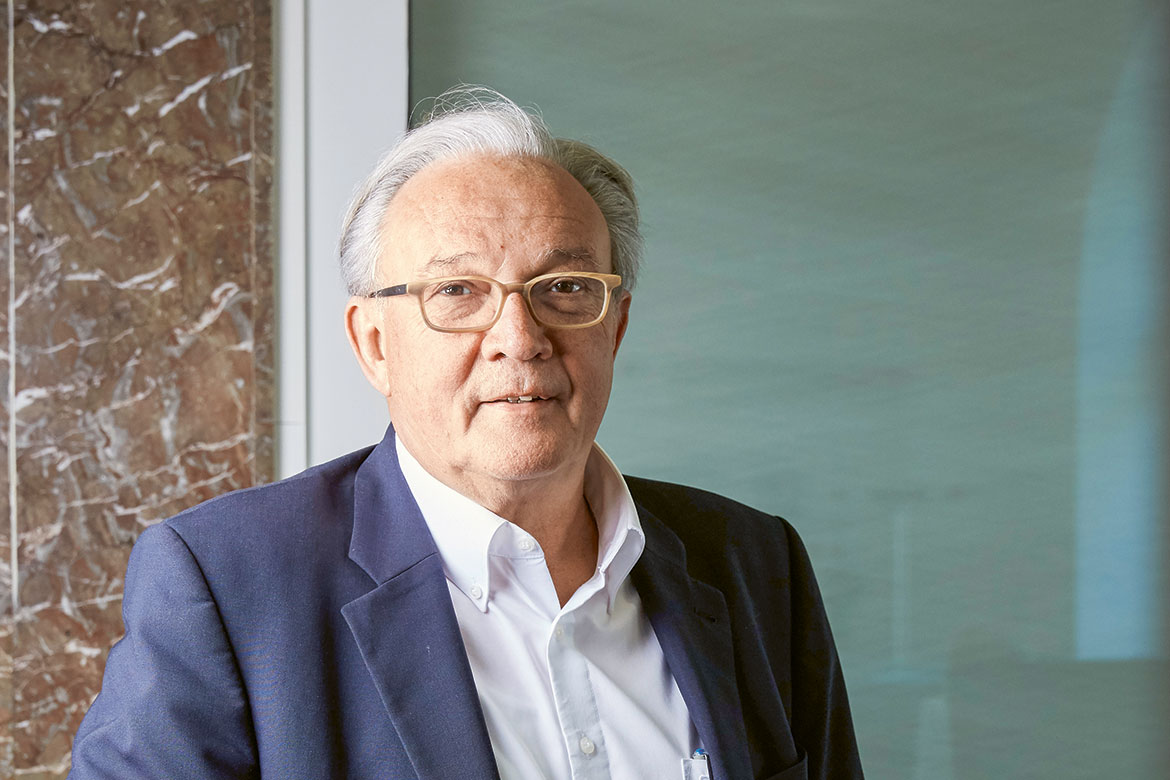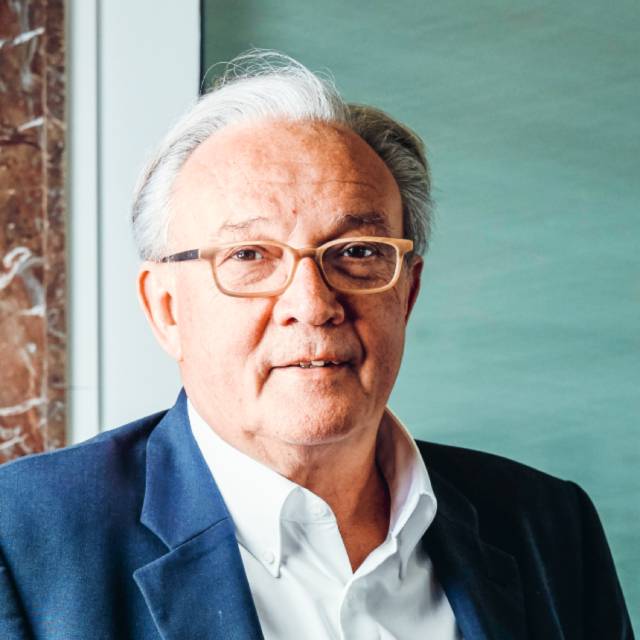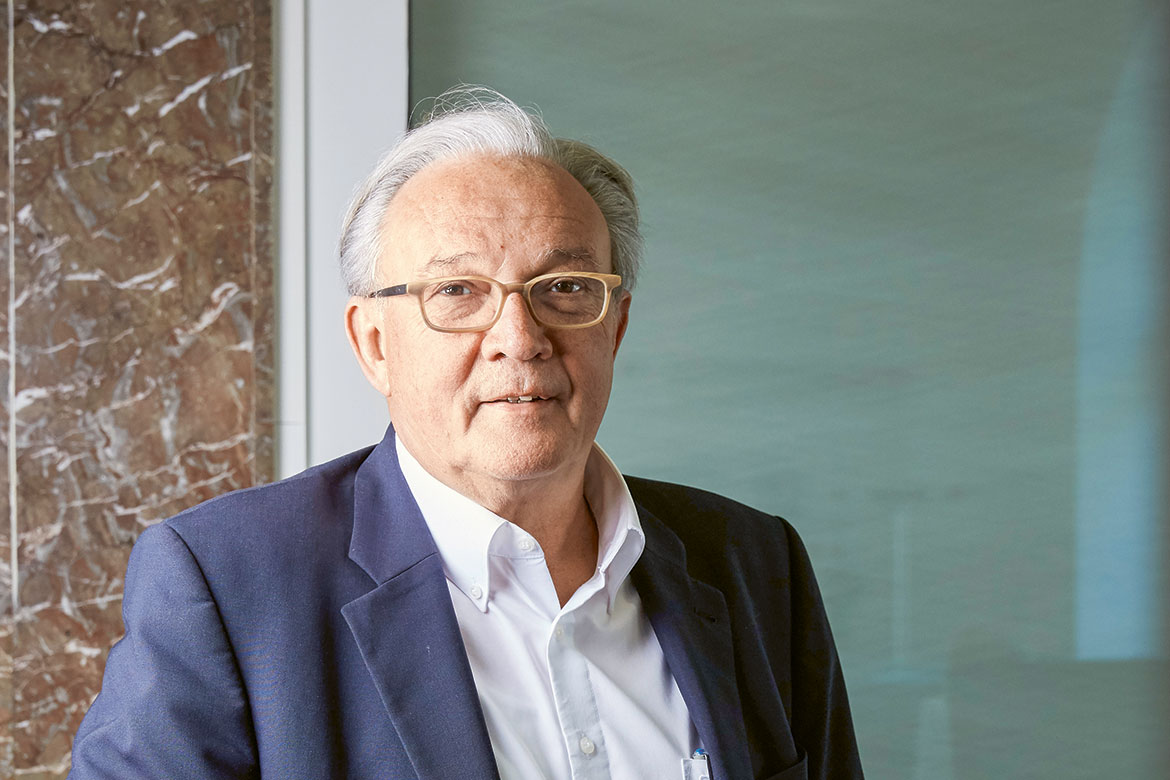Column
Marcel Tanner: Research collaboration can foster excellence in times of crisis
The work of the Swiss National Covid-19 Science Task Force is characterised by a spirit of happy unity, writes Marcel Tanner, President of the Swiss Academies of Arts and Sciences A+

Marcel Tanner is the President of the Swiss Academies of Arts and Sciences A+. | Image: Annette Boutellier
The Corona pandemic is not just compelling us to develop new treatments and vaccines at top speed. It is also teaching us the importance of systemic thinking, and may create the foundations for a new science culture characterised by a strong dialogue among science, politics and society, and by a continuing endeavour to apply transdisciplinary solutions for the good of society.
In order to cope efficiently with the pandemic, the Swiss federal government placed its trust in the four pillars of the Swiss science system: ETH/EPFL, swissuniversities, the Swiss National Science Foundation, and the Swiss Academies of Arts and Sciences. The government also gave them a mandate to create an independent scientific task force. It comprises over 70 highly committed scientists from all fields. They have been helping the federal government and the cantons to cope with those key issues facing our country that are crucial from a scientific perspective. This is a process that cannot function without international networks and partnerships, and so draws in experience from all affected countries. The analysis and recommendations of the Covid-19 Task Force are publicly accessible in the form of policy briefs on its website, and have had a major impact on political decisions and the measures taken in Switzerland and abroad.
Besides highly positive experiences on all levels, this crisis has also provided very important, medium-term perspectives. It offers hope that we might be able to overcome the well-known, existing problems in our science system – such as metrics centred on individuals, a silo mentality, and the challenges of promoting young scientists.
The Task Force has been responsible for dealing with the difficult questions that are posed by such a pandemic, and it has fulfilled the task assigned to it. Its work has also been characterised by the joy of discovery, the joy of sharing, and the joy of seeing its findings implemented. Now we must endeavour to transfer this effective, uniting spirit and the practices we have developed into our science system as a whole. This would enable us to effect harmonious change in our science culture. We must remain committed to answering questions, to disclosing uncertainties, and to maintaining open communication channels with politicians and the public alike. And all the while, we must stay faithful to our ethical and social principles. It is not our theoretical acrobatics that have the best chance of changing our science system, but what we learn from concrete experience. It is by working together that we can truly foster knowledge production and excellence.




